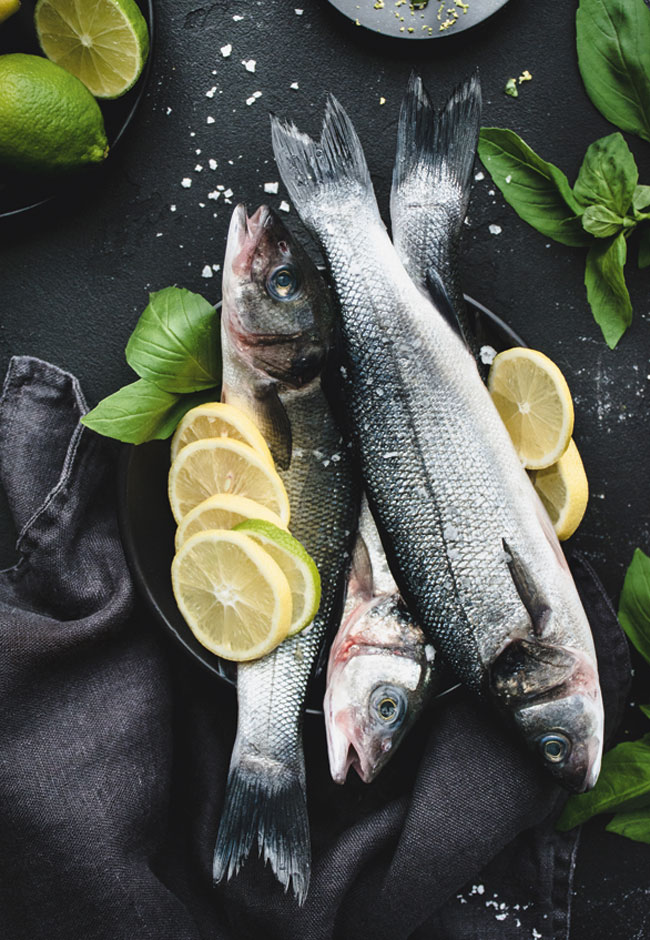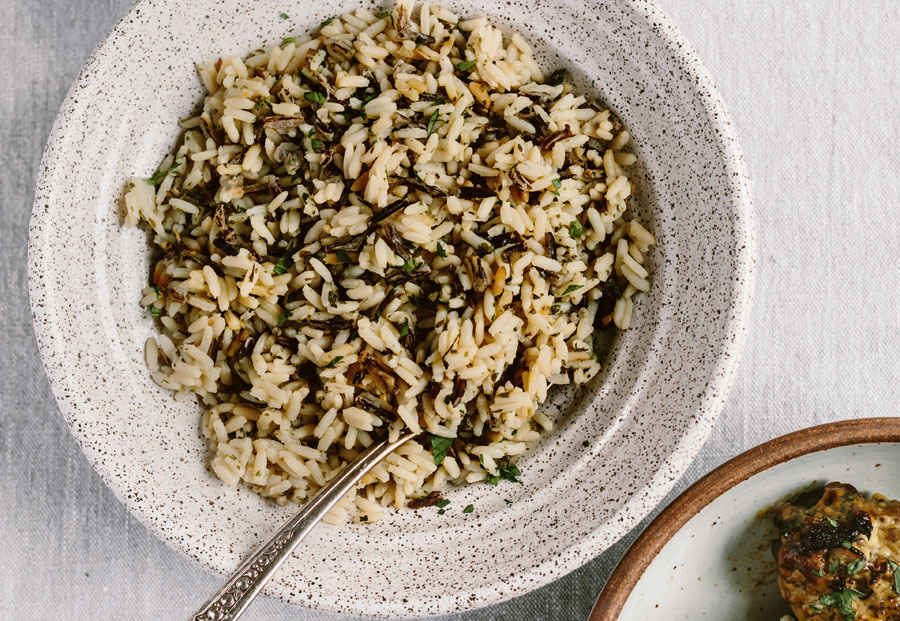Work these tips and tricks into your daily routine to fend off the pounds or kick-start a healthy regime.
1. Maximize Your Microbiome
The dynamic enzymes and bacterial proteins contained within the gastrointestinal tract, collectively known as the microbiome, control a vast array of body functions – including weight. Leaner people have more diverse gut bacteria. Google a microbiome- enhancing diet. In brief, antibiotic-saturated, factory-farmed meat (and egg and dairy products) is a perfect storm for bad gut bacteria. Buy local organic animal products only. Avoid processed foods, full of preservatives and nitrates. Now that farmers markets are common, Whole Foods has slashed its prices by a third and chain supermarkets carry organic brands, it’s easier and cost-effective to make the right choices. Do some online brand research: Ontario-based Organic Meadow, widely available and antibiotic-free, is an excellent choice for eggs, yogurt and butter. Switch from yogurt to kefir, which contains a bazillion more probiotics, which are good for the tummy.
2. Mini-Fasting
Not everyone has the self-control to do a complete fast for a week or more. Intermittent fasting, such as the 5:2 Diet (on two out of seven days, calories are limited to about 600), is more manageable. And if you choose to juice for the two days, those juices should be vegetable, not fruit (see Sweeteners, below). Or keep your eating to four hours a day, giving your body the other 20 hours to burn fat – not food. Fasting or not, fermented beverages – miso soup, apple cider vinegar, kombucha – boost your microbiome enzymes, so have lots.
3. Sun
The old maxim If You Can’t Tone It, Tan It turns out to be true! A new University of Alberta study found that fat cells just beneath our skin actually shrink when exposed to the sun. A blue light in sunshine penetrates the dermis, causing lipids to reduce in size and be released from the cell. So, low sunlight exposure as well as a less active lifestyle impacts the weight we gain over winter. Good reason to get outside year-round.
4. Sweeteners
No white or brown sugar – ever. Watch The Truth About Sugar (a BBC doc you can find on YouTube), and you’ll be converted. Outside of obvious culprits – candy and pastries – sugar is loaded into processed foods and liquor. Check the ingredients list, even on savoury products; anything ending in –ose (glucose, sucrose, fructose, lactose, maltose) is sugar.
Beware of sugar-free labels: they often contain aspartame or other artificial sweeteners. Avoid pop and fruit juice. Sugar is addictive as it triggers the release of dopamine, followed by a slump that produces more sugar cravings. High cholesterol, metabolic syndrome, heart disease and diabetes are a few of sugar’s side effects, as is fatty liver, a disease that leads to cirrhosis. Swap in quality raw organic honey. Though similar in calories to sugar, honey is an antioxidant powerhouse, rich in nutrients. Buy locally produced honey, which contains enzymes that enrich the microbiome. Pass on agave syrup, which is akin to high-fructose corn syrup. For a zero-calorie option, pick up plant-based stevia.

5. Fish- and Plant-Based Diet
Vegetables are extremely low in calories, roasted or steamed, so you can eat mounds of them if portion control is your issue. Fish, particularly mackerel, sardines and salmon, is high in protein and omega-3s, low in fat, calories and mercury levels. Five servings a week – which could also include other low-mercury seafood such as shrimp, scallops and squid – as part of a low-calorie diet enhance weight loss compared to a diet with the same amount of calories but no fish.
6. Fat Burns Fat
Your body requires three macronutrients – protein, carbohydrates, and fat – to create the energy it needs. But fat contains more than double the energy of the other two. Even better, research has found that dietary fat breaks down subcutaneous fat you store around belly, thighs and bum by activating fat-burning pathways in the liver. Of course, we are taking about unsaturated fats here – avocados, olive oil, nuts, fatty fish. Always buy full-fat (organic, antibiotic-free) dairy. Low-fat dairy products are laden with carbs and sugar to give it taste and texture, which renders it as calorific as the high-fat option with none of the fat-burning benefits. Full fat tastes better and is better.
7. Low Carb
Replace rice and pasta with wild rice, which is not actually rice but a wetland grass that grows wild. Significantly lower in calories and carbs than white or brown, a cup of wild rice, cooked, has 166 calories and 35 grams of carbs, compared with 248 calories and 52 grams of carbs for brown rice. Beans offer a carb-y feel to low-cal meals. Buy them dry and soak: the liquid in canned beans can have added sugar, fat and sodium. If you’re really pulling back, black, white and kidney beans and chickpeas run 19-plus grams of carbs per 1/2 cup, whereas edamame beans have just seven to eight.
8. Alcohol
The first thing to ditch if you’re really on a weight-loss tear. If you must, spirits are sugar- and carb-free, and gin, rum, vodka, whiskey and tequila clock in lowest at about 64 calories an ounce. Serve on ice or with fizzy water. Though it contains far less sugar, tonic water is akin to pop. At 125 calories a can, it’s comparable to 7-Up or Coke (140). Drinking wine? Select a dry, low-sugar red – Pinot Noir over Cabernet – which, unlike white, is rich in antioxidant resveratrol and, as a fermented beverage, offers benefits to the microbiome. The hitch, even when drinking wisely, is that the body burns alcohol preferentially. Your metabolism stops burning calories from your last meal to concentrate on processing the booze.
9. Count Calories
Set up an online food diary on myfitnesspal.com. It takes 3,500 calories to gain one pound. Set a daily calorie goal and stick to it but aim at a weekly total. This allows you to balance “bad” days with “good.” If you overdo it on Saturday, you know how much to cut back on the next few days with an eye on arriving at a “good” tally for the full week.
10. Indulgence
I’m a firm believer that total deprivation leads to food freak-outs. For a salt kick, it’s popcorn. Air-popped ideally, dressed with olive oil and sea salt, it’s leagues better than a bag of chips. Unprocessed all-natural popcorn is a whole grain that contains tons of healthy fibre and more antioxidant polyphenols than fruit and veg. For a sweet tooth, Halo Top ice cream – just 280 to 300 calories a pint! – has finally arrived in Canada. It swiftly became America’s best-selling brand and was named among Time‘s Best Inventions of 2017. We have to agree!
A version of this article appeared in the May 2018 issue with the headline, “The Skinny on Staying Slim,” p. 58-60.
